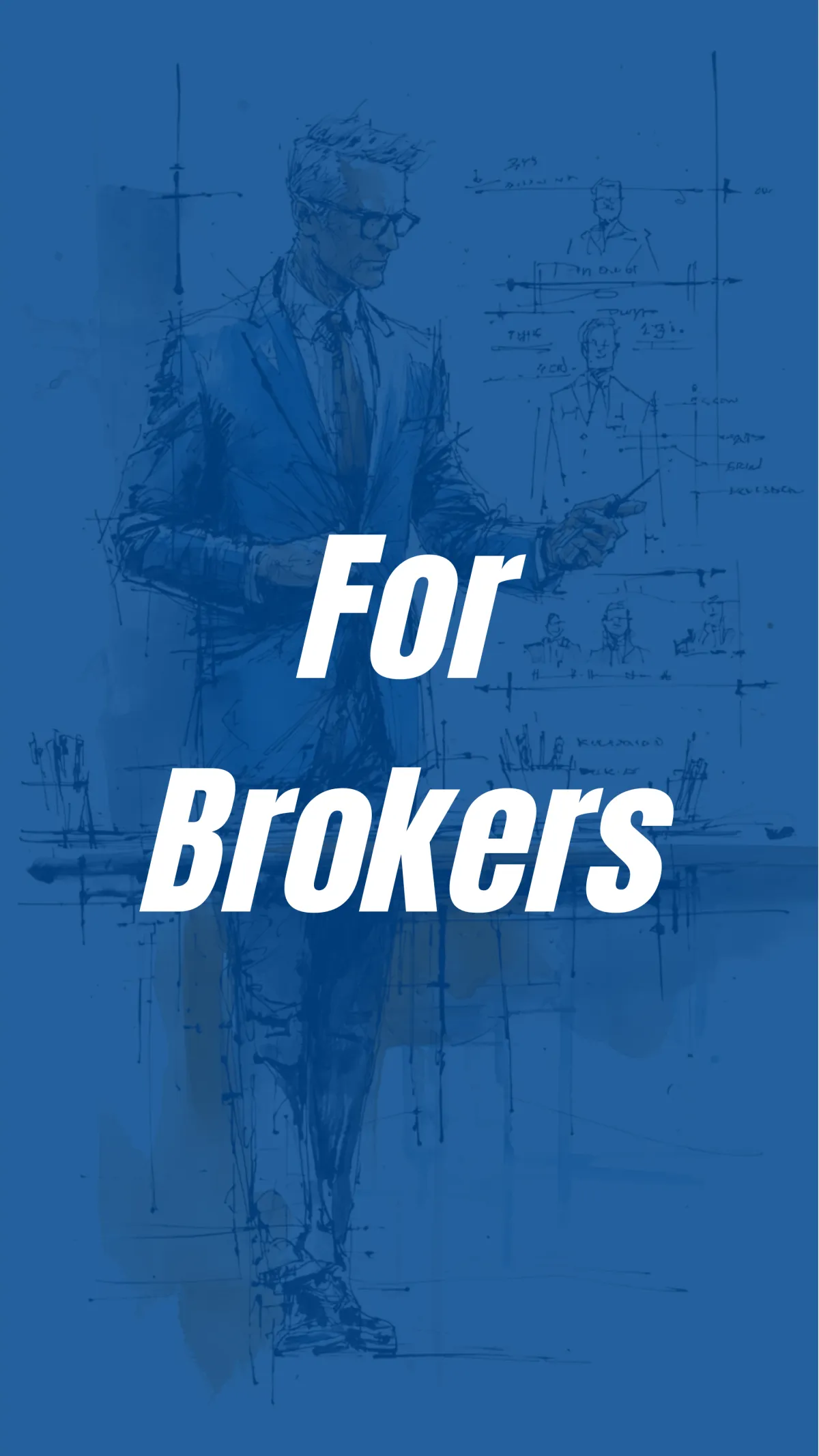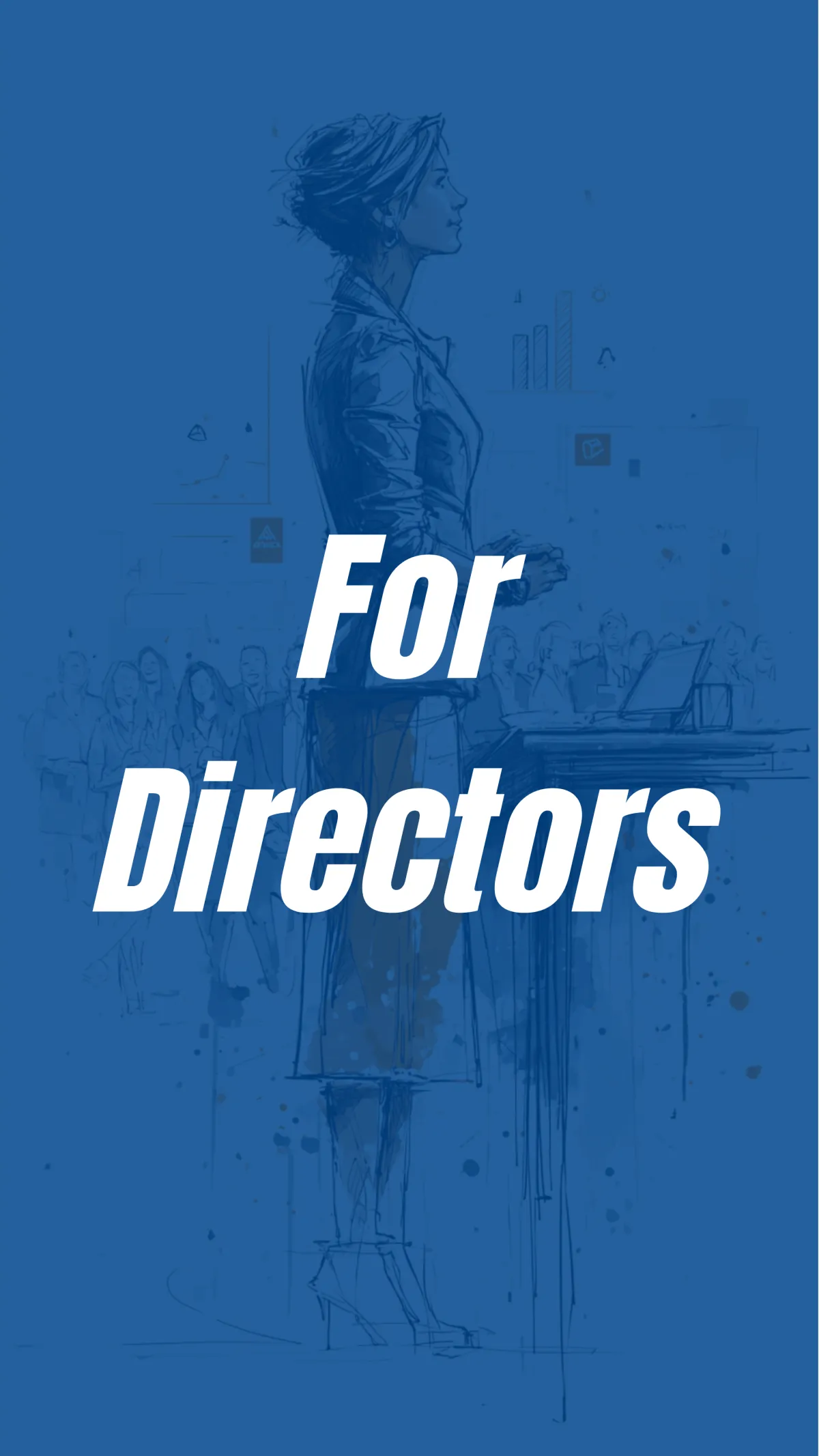
How Can Agents Build a Culture That Embraces Positive Change?
The real estate market feels like it's in constant motion, doesn't it? One moment, it's a seller's paradise; the next, interest rates shift, and the entire landscape changes. As a brokerage leader or team leader, you have likely felt the pressure to adapt, but getting your entire team to move in the same direction can feel challenging.how can agents build a culture that embraces positive change?
You introduce a new AI-powered CRM, and you are met with groans. You suggest a new social media strategy, and people seem to dig in their heels, preferring the old way of doing things.
You know that adapting is the only way to thrive in today's market. So, let's explore the answer to "how can agents build a culture that embraces positive change?" where team members don't just accept change, but actively welcome it. This is about transforming your team into a group of effective change agents.
Unlock your potential with AI-powered solutions tailored to your real estate needs. Save time, grow faster, and work smarter. Schedule your discovery session now at lesix.agency/discovery.
Why a Culture of Change Is a Non-Negotiable Asset
Think of your team's culture as its operating system. If that system is outdated, it can't run the new, powerful programs you need to succeed. A culture that resists change is a business that's choosing to become obsolete, impacting its overall organizational effectiveness.
The speed of the market is one big reason to care about this. Housing markets can pivot quickly based on economic factors, leaving slow-moving agencies behind. But it is more than just market shifts that necessitate a strong culture of adaptation.
Technology is reshaping every aspect of an agent's job, from lead generation to client communication. A team open to change sees a new AI tool not as a burden, but as a way to save hours on administrative work. They view a market downturn not as a crisis, but as an opportunity for continuous improvement and to connect with buyers in new ways.
This proactive mindset, a cornerstone of a healthy organizational culture, directly impacts agent retention, morale, and your bottom line. Fostering this kind of company culture is not a luxury; it is a strategic imperative for long-term survival and growth. In order to meaningfully drive change, you must start with the right environment.
How Can Agents Build a Culture That Embraces Positive Change? It All Starts with You: Leading the Charge

Your agents are watching you. If you talk about the importance of change but seem frustrated by a new software glitch, your words will fall flat. True cultural change starts with leadership's authentic buy-in, making you the primary internal change agent.
This means you need to be transparent about the challenges and the vision you hold for the team. Don't pretend a new process will be perfectly smooth from day one; acknowledge that there will be a learning curve. Your job is to be the chief cheerleader and visionary, a role that defines effective change leadership.
You have to paint a clear vision of where you are going and why the journey is worth the effort. Explain how the change aligns with the organization's values and will lead to better business outcomes. When you lead with both confidence and humility, your team is more likely to follow your lead in making change.
Creating an environment where change is welcome is not about a single pizza party or a motivational poster. It's about weaving specific principles into the fabric of your daily operations. You can build a team that doesn't just tolerate change, but actively seeks it out.
Create a Space for Psychological Safety
Have you ever been in a meeting where you had a question but were too afraid to ask it? That's the opposite of psychological safety. As explained in a Harvard Business Review article, it's a shared belief that the team is safe for interpersonal risk-taking.
This means your agents must feel they are in a safe space to experiment with a new video marketing idea, even if it fails. They need to be able to voice change concerns about a new lead routing system without fearing they will be labeled as negative. This is fundamental to team effectiveness and high employee engagement.
When people feel safe, they bring their best, most innovative ideas to the table. This environment is the foundation upon which successful change is built. It allows for honest communication and reduces the fear associated with organizational change.
Communicate the 'Why' Over and Over Again
People don't resist change itself; they resist being changed. The quickest way to get resistance is to roll out a new initiative with a simple "Here it is, start using it on Monday" email. You have to connect the dots for them, and that requires effective communication.
Is your brokerage adopting a new AI writing assistant? Don't just focus on the features. Explain that this will free up five hours a week for each agent, giving them more time for what they do best: building relationships and closing deals. Always tie the change back to a direct benefit for them and the overall employee experience.
This process of communicating change is continuous. Reinforce the message in meetings, one-on-ones, and team communications. This helps drive meaningful change by ensuring everyone understands the purpose behind the effort.
Make Your Team Part of the Process
Nobody likes to have things done to them. Your top agents have incredible on-the-ground industry experience. Are you using that experience to help design change?
Instead of mandating a new tool, form a small committee of team members to test a few options and give their recommendation. Before finalizing a new commission structure, run a few scenarios by your team to get their feedback. These individuals can become your change champions, advocating for the new way of working.
When people have a hand in shaping the change, they feel a sense of ownership over the change implementation. This collaborative approach improves the implementation process and significantly increases the rate of change adoption. Existing employees feel valued, not just managed.
Recognize and Celebrate the Effort
Think about the first time you tried something new that felt hard. A little encouragement probably went a long way. The same principle applies to your team during any change process.
When you see an agent successfully use the new CRM to track a client interaction, praise them in the team meeting. If your team hits a small milestone in adopting a new marketing strategy, celebrate it. This public recognition reinforces positive behaviors and motivates others.
This positive reinforcement shows that you value the effort of learning and adapting, not just the final result. It builds momentum and demonstrates that the change effort is producing positive outcomes. This is a simple yet powerful tool for managing change.
Practical Tools for Putting Change into Motion
Talking about culture is one thing; building it requires action. Here are some concrete tactics you can start using with your real estate team this week. These ideas help make the concept of change less abstract and more of a daily practice.
Weekly "What's Next" Huddles: Spend 15 minutes every Monday morning talking about one trend you are seeing in the market or one new piece of tech. This gets your team used to thinking about the future in a low-pressure way. It frames change as a constant, manageable part of the business.
Tech Playgrounds: Set aside time where agents can experiment with new tools without any performance expectations. Let them try that new AI video generator or social media scheduler just for fun. This removes the fear of looking incompetent and fosters a sense of curiosity.
"Failure of the Week" Award: This might sound strange, but it can be incredibly powerful. Create a lighthearted award for the agent who tried something bold that didn't pan out. This celebrates the attempt and normalizes the idea that not every experiment will be a home run.
Reverse Mentoring: Pair a tech-savvy new agent with a seasoned veteran. The new agent can help the veteran with social media or new software. The veteran can share wisdom on negotiation and client management, leveraging their deep industry experience.
Establish Formal Feedback Loops: Don't wait for problems to arise. Create regular, structured opportunities for your team to provide feedback on new change initiatives. This shows you are listening and willing to adjust the plan to address concerns.
To see this in action, think about these two different mindsets. The goal is to move your team from a resistant mindset to a change-ready one. Successful change agents think differently about challenges and opportunities.

Your goal is to shift your team's internal monologue from the first column to the second. It happens one conversation and one small action at a time. The journey to an adaptive company culture requires patience, but the shift in thinking is how you drive meaningful, lasting change.
Handling the Unavoidable Pushback
Even with the best strategy, you will face resistance. It is a natural human reaction to any kind of internal change. Studies on workplace change show fear of the unknown is a primary driver of resistance, so effective change management must address this head-on.
Your job as a leader is to act like a detective. When an agent is pushing back, get curious instead of defensive. Use active listening and emotional intelligence to understand concerns and see the situation from their perspective.
Ask open-ended questions like, "Tell me more about what is concerning you with this new platform." Often, the resistance is not about the change itself, but about a hidden fear. Maybe they are worried they are not tech-savvy enough and will look foolish in front of their team members.
Perhaps they fear the new lead system will give them fewer opportunities. Once you understand the root cause, you can address resistance directly by providing resources, extra training, one-on-one help, or reassurance. It is a crucial role for any team leader to support employees through this process.
Be patient, but also be firm that moving forward is not optional. Acknowledge that change takes time, especially when it involves shifting long-standing cultural norms. The way you handle pushback plays a pivotal role in whether the change initiative succeeds or fails.
Conclusion
Building a culture that runs toward change instead of away from it is one of the most valuable investments you can make in your business. It is not a quick fix or a one-time project. It is an ongoing commitment to open communication, empowerment, and psychological safety.
When you are looking for an answer to how can agents build a culture that embraces positive change, the solution lies in your leadership. A change agent understands that their actions set the tone for the entire team. Successful change agents play this role intentionally.
By modeling the behavior, explaining the why, involving your team, and celebrating progress, you create a resilient and adaptable team. This approach ensures your team is ready for whatever the market throws its way. This is how you execute business successfully and build a real estate organization that lasts.
Ready to take your real estate success to the next level? Schedule your discovery session today at lesix.agency/discovery. Stay ahead with tips and insights—subscribe to our newsletter at lesix.agency/newsletter.










